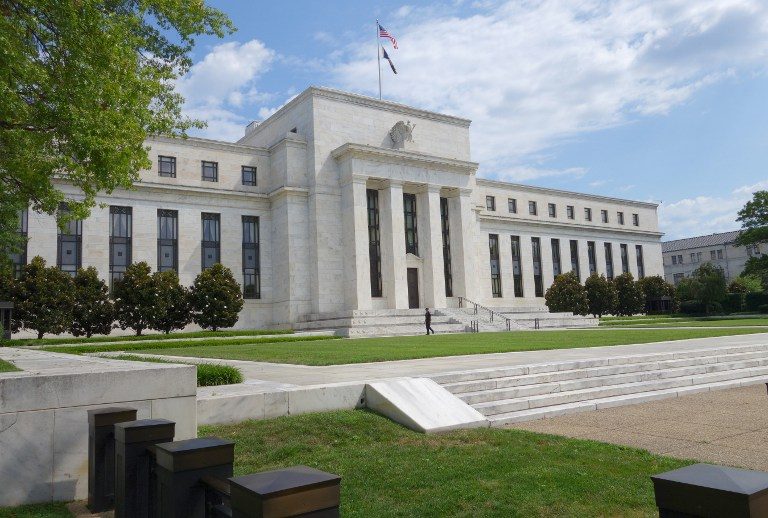SUMMARY
This is AI generated summarization, which may have errors. For context, always refer to the full article.

NEW YORK CITY, USA – Federal Reserve Vice Chair Stanley Fischer announced Wednesday, September 6, he will retire next month, creating the potential for President Donald Trump to fill five key positions on the US central bank’s board.
With Fischer’s departure, Trump will be able to name the top three officials on the board, including Fed Chair Janet Yellen, whose term expires February 3.
The 73-year-old Fischer will step down on October 13, about 8 months before his term as vice chair was due to expire, and 2 1/2 before the end of his term on the board, the Fed said in a statement.
Fischer, a former governor of the Bank of Israel and vice chairman of Citigroup, leaves the Fed at a critical time, with the central bank confronting a deepening dilemma in US monetary policy and preparing to end a multi-trillion-dollar stimulus program put in place after the 2008 global financial crisis.
Fischer also departs amid White House plans to roll back financial and banking safeguards implemented in the wake of the global financial crisis, which he and other current and former Fed governors have strongly defended.
In a brief letter of resignation, Fischer said he was stepping down for unspecified “personal reasons” and cited the central bank’s work to stabilize the financial system following the crisis as an accomplishment.
“During my time on the board, the economy has continued to strengthen, providing millions of additional jobs for working Americans,” wrote Fischer, who was appointed by former President Barack Obama in 2014.
A Fed in Trump’s image
The Fed has pursued forceful banking regulation in the wake of the 2010 crisis, imposing fines, subjecting large financial institutions to stress-testing to ensure they can withstand future economic shocks, and obliging them to boost their capital buffers.
But the measures that have drawn push-back from industry.
By February, Trump will have had the opportunity to name five of seven board members allowing him to determine the focus, by selecting officials perhaps less likely to raise interest rates or favor stringent bank regulations.
Trump in July chose investment banker and former Treasury Department official Randal Quarles to join the Fed as vice chair for banking supervision, a further sign the White House may promote continuing deregulation of the financial sector.
A preliminary Senate vote on Quarles’ nomination is expected this week.
Trump has said he is weighing whether to name his current senior economic advisor Gary Cohn as Fed chair, replacing Yellen. But he also has said he may keep her in place.
Yellen’s recent speech advocating the new banking safeguards was seen as a warning to the Trump administration, which may have caused her to lose favor.
But Cohn also criticized the president’s response to deadly violence by white supremacists at a rally last month in Virginia, leading to reports he is no longer the frontrunner.
Yellen’s term as Fed chair ends in February, but her term as a board member continued until 2024, although it would be unusual for a Fed chair to remain on the board if replaced.
Analysts at Barclays said Wednesday they believed Trump would switch to a new central bank chief, which would allow him “greater scope to shape the monetary policy body in their image,” according to a research note.
A more dovish Fed?
Prior to Fischer’s announcement, Daniel Tarullo also stepped down from the Fed board in April, creating one of the other vacancies.
Fed policymakers have twice raised rates in 2017 but a third rate hike this year is seen as increasingly unlikely because inflation has failed to rise despite persistent job growth, leaving Fed members increasingly divided on the near-term need to tighten rates.
Chris Low of FTN Financial described Fischer and Yellen as “rigid academics,” adding that Fischer had supported rate tightening based on outdated thinking.
“For now, we know the Fed will be more dovish with Yellen and Fischer gone,” he said in a client note on Wednesday.
“How it changes after that is up to the president.” – Rappler.com
Add a comment
How does this make you feel?
There are no comments yet. Add your comment to start the conversation.